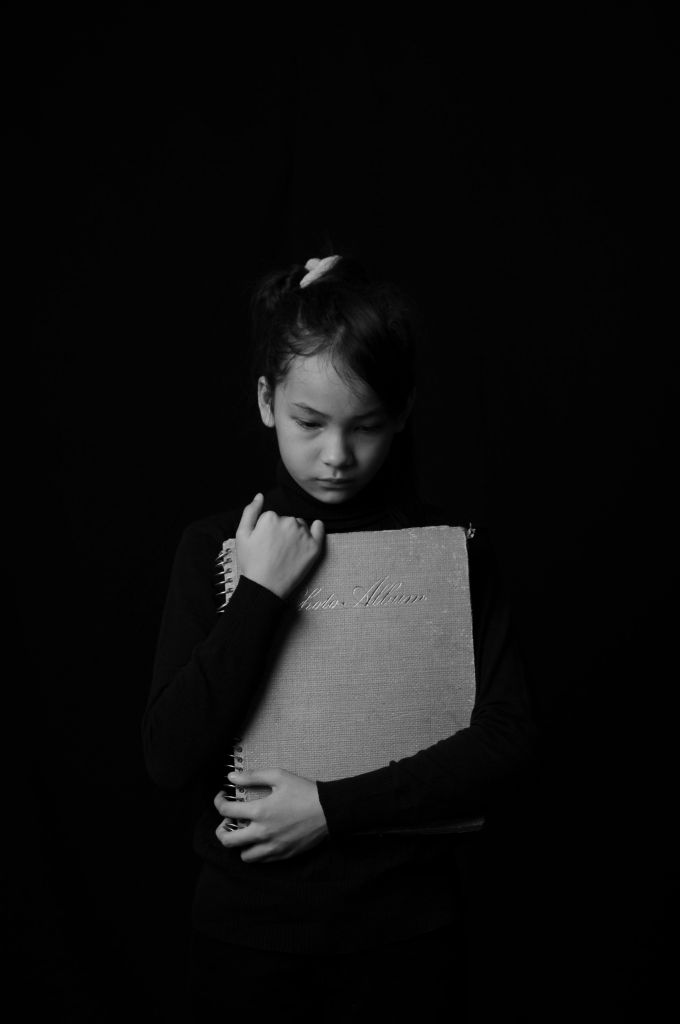Standards & Values
Principles and Standards for Child-Centred Support
Our values and standards ensure every child is heard, respected, and supported through a safe, inclusive, and coordinated approach.
Our values
We are committed to ensuring that every child receives the care and support they need. Our approach is built on five core values that guide our work.
Child-Centred
Realisation of the needs and rights of the child, ensuring that they are heard, and that they receive assistance in a safe and supportive environment.
Collaborative
Collaborative among our multidisciplinary professionals, preventing re-traumatisation and ensuring the best possible outcomes.
Accessible
Prioritising timely, comprehensive, and accessible services that address the unique needs of the child and their family or caregivers while keeping the child’s best interests central.
Professional
Upholding high professional standards, training, and adequate resources and supports for our staff working with children and their families.
Inclusive and Diverse
Ensure that all children who may have experienced child sexual abuse have access to integrated services, without any form of discrimination.
The Barnahus
Quality Standdards
The standards encompass principles, activities, and arrangements that ensure child-centred and effective collaboration
Standard 1.1
Best Interests of the Child
The best interests of the child are a primary consideration in all actions and decisions concerning the child and the non-offending family/caregivers/support persons.
Standard 1.2
Right to be Heard and Receive Information
Children’s rights to express their views and to receive information are respected and fulfilled.
Standard 1.3
Avoiding Undue Delay
Measures are taken to avoid undue delay, ensuring that forensic interviews, child protection assessments and mental health and medical examinations take place within a stipulated time period and that children benefit from timely information.
Standard 2
Multidisciplinary and Interagency Collaboration in the Barnahus
Barnahus is formally integrated into relevant national or local systems,
with structured and transparent multidisciplinary collaboration that
begins at the initial report and follows a coordinated process throughout
the case.
Standard 3
Inclusive Target Group
The Barnahus target group includes all children who are victims and/or witnesses of crime involving all forms of violence. Non-offending family/caregivers are included as a secondary target group.
Standard 4
Child Friendly Environment
The Barnahus premises are preferably situated in a detached building located in an environment familiar to children, for example, a residential area. The premises should be accessible by public transport. The premises are accessible, including for children with disabilities and/or special needs.
Standard 5
Interagency Case Management
Interagency case review and planning is integral to the work of the Barnahus team and the respective agencies in the Barnahus and is formalised by mutually agreed upon procedures and routines.
Standard 6
Forensic Interview
Forensic interviews are carried out according to evidence-based practice and protocols, which ensure the quality and quantity of the evidence obtained. The main aim of the interview is to avoid retraumatisation and to elicit the child´s free narrative in as much detail as possible.
Standard 7
Medical Examination
Medical and forensic evaluations are conducted on-site by trained specialists. Treatment is also provided at the same location, except in urgent or complex cases. Staff are qualified to detect signs of abuse and neglect. They take part in case planning, and children and caregivers are informed and involved in decisions about care.
Standard 8
Therapeutic Services
Assessment and treatment are routinely available for child victims and witnesses. Mental health services are delivered by trained professionals. Children and caregivers receive clear information and can help shape the setup and timing of interventions. Crisis support is also provided when needed through a structured and permanent team.
Standard 9
Capacity Building
Team members and partner agencies receive ongoing training in their fields, along with joint training on cross-cutting topics and collaboration. Staff also have access to regular supervision, guidance, counselling, and peer support to manage case-related and emotional challenges.
Standard 10
Prevention: Information sharing, awareness raising and external competence building
Data is collected and shared to raise awareness about violence against children and to support research, policy, and informed decision-making. Barnahus also promotes external competence by providing training, materials, and events for professionals working with children.
About a Child?
If you have a child protection concern, please refer to the Tusla website.
